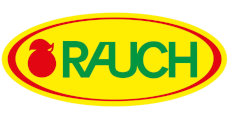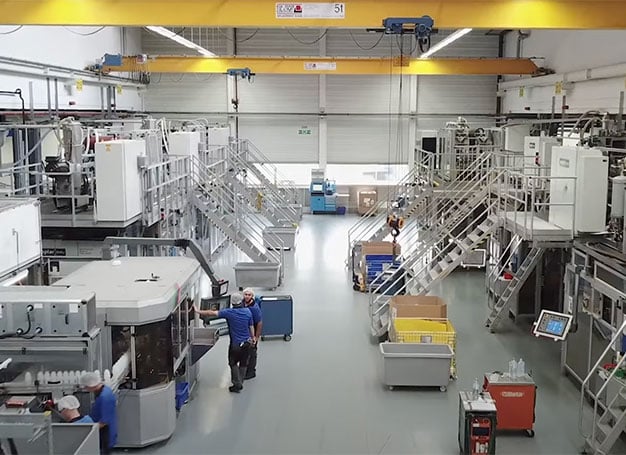FMCG (Fast Moving Consumer Goods)
CrateDB enhances FMCG operations by optimizing shopfloor efficiency through real-time equipment monitoring and workflow optimization. It ensures product quality with integrated quality control measures, reducing defects and waste. Additionally, CrateDB enhances compliance and traceability by enabling batch tracking, regulatory reporting, and swift recall capabilities.
Shopfloor optimization
Real-time Equipment Monitoring: CrateDB enables FMCG companies to monitor the performance of machinery and equipment on the shopfloor in real-time. By analyzing data on machine uptime, downtime, and performance metrics, manufacturers can identify inefficiencies, schedule preventive maintenance, and minimize production disruptions.
Workflow Optimization: CrateDB helps optimize workflows on the shopfloor by analyzing data on production processes, inventory levels, and employee productivity. By identifying bottlenecks and streamlining workflows, FMCG companies can increase throughput, reduce lead times, and improve overall efficiency in manufacturing operations.

Quality control
Real-time Quality Monitoring: CrateDB facilitates real-time monitoring of quality parameters during the production process. By integrating with sensors and quality control systems, FMCG companies can continuously monitor product attributes such as size, weight, and color, ensuring consistency and compliance with quality standards.
Defect Detection and Analysis: CrateDB enables FMCG companies to analyze data on product defects and deviations from quality standards. By identifying patterns and trends in defect occurrence, manufacturers can implement corrective actions, improve production processes, and reduce waste caused by defective products.

Compliance and traceability
Batch Tracking and Traceability: CrateDB enables FMCG companies to maintain detailed records of product batches, ingredients, and manufacturing processes. By storing this information in a centralized database, manufacturers can quickly trace products throughout the supply chain, ensuring compliance with regulations and facilitating efficient recalls if needed.
Regulatory Reporting and Auditing: CrateDB supports compliance with regulatory requirements by providing tools for generating reports and conducting audits. By analyzing data on production processes, quality control measures, and ingredient sourcing, FMCG companies can demonstrate adherence to industry standards and regulations, streamlining compliance efforts and reducing the risk of fines or penalties.

FMCG companies operate at an astonishing speed, producing hundreds of thousands of goods every hour. This rapid production rate emphasizes the need for real-time quality control measures. Delaying the identification of any production quality issues, even by a few minutes, can result in significant financial losses, not to mention the disposal of a substantial number of products and the immediate impact on the company’s reputation. By reading the two case studies below, discover how FMCG companies leverage CrateDB to power real-time analytics in high-volume data architectures.

Improving OEE with real-time monitoring of 120,000 cans per hour per line.
"We needed a database that could watch, record and analyse production in real time. CrateDB gives us the freedom to be cumulative and scale limitless - we found no alternative database with such simplicity and efficiency.”
Arno Breuss
CIO of Rauch Fruchtsäfte


Giving 1,000 employees real-time insights into enriched production data across 180 plants.
"By collecting and analyzing sensor data from all our factory equipment in real time, we can actually direct people on the floor to the ‘hot spots’ and with that, improve the waste rate and efficiency of production."
Jodok Schaeffler
General Manager
ALPLA
